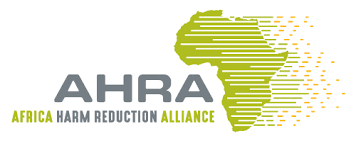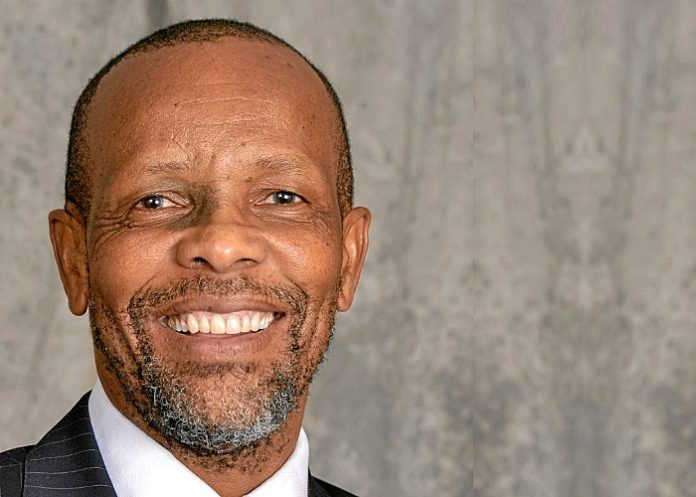Proposed Draconian Gag Order Problematic Say Harm Reduction Advocates
World leaders are gathered in Panama this week for the global tobacco control conference to discuss the tenth World Health Organisation (WHO) Framework Convention on Tobacco Control (FCTC) Conference of the Parties (COP).
In a move reminiscent of a despotic government regime, the WHO FCTC is pushing for new guidelines to be implemented with a media and internet gag order on tobacco harm reduction.
“The proposal to keep smokers in the dark about better alternatives is ludicrous,” says harm reduction advocate, president and co-founder of the African Harm Reduction Alliance, Dr Kgosi Letlape. “To enact extreme bans on communications related to alternative tobacco nicotine products has far-reaching implications for the world’s 1.3 billion smokers.”
The Africa Harm Reduction Alliance says that if draconian measures like these are applied to alternative nicotine products, all that will be accomplished is that the hundreds of millions of smokers who do not quit cigarettes will be prevented from learning about reduced risk alternatives and instead continue smoking cigarettes.
“The proposed guidelines would criminalise tobacco harm reduction activism supported by a free press and access to information, factors that have played a central role in changing the world for the better,” he explains. “Yet the WHO FCTC would prefer to stifle information about better alternatives and scientific advances on a public health matter that could improve the lives of hundreds of millions of people.”
On World Press Freedom Day in 2021, UN Secretary General, Antonio Guterres stated: “Free and independent journalism is our greatest ally in combating misinformation and disinformation.” He also urged all governments to “do everything in their power to support a free, independent and diverse media.”
Michelle Bachelet, UN High Commissioner for Human Rights, also highlighted the importance of free, uncensored, and independent press as “a cornerstone of democratic societies”, conveying life-saving information, improving public participation, and strengthening accountability and respect for human rights.
Letlape points out that the WHO’s proposed gag order is precisely the opposite of this. In fact he adds, under such draconian laws, even the United Kingdom’s health minister would have been breached by them for launching a program to encourage smokers who do not quit to change to e-cigarettes and issuing a press release to inform the media about the initiative.
In fact, he explains that preventing legitimate communications about alternative nicotine products would prevent experts from addressing misinformation and challenging junk science such the following retracted studies:
– A Major Study That Fueled National Vape Panic Has Been Retracted (vice.com)
– Journal Retracts Study That Linked Vaping to Liver Disease (filtermag.org)
– Medical Journal Retracts 2022 Study That Linked Vaping to Cancer (reason.com)
“Rather than addressing the criticism or following the scientific evidence, the WHO FCTC is trying to shut down the debate,” he adds. “There is no place for these guidelines in a free and democratic society, and the WHO FCTC needs to be reminded of that in no uncertain terms.”
Most notably, Letlape adds that in a free society, it is essential to garner balanced and unbiased media coverage that highlights the importance of open discourse, transparency, and fair representation in public debates. “The WHO cannot monopolise the narrative on nicotine alternatives, this would unravel all the work that has been done to reduce smoking rates.”
“It’s time to hold the WHO accountable for the continuing deaths of people who smoke and we need to demand a safe space for dialogue,” he adds. “Scientists on different sides must be prepared to engage each other civilly, and allow the evidence to reign.”

He notes that policies should be based on what we know and what the science says, not on our fears or what we think we know. He says that this research should be funded by governments as it is their duty to refute the claims of the industry.
“Those peddling misinformation against science should be regulated and be more accountable for what people put out there,” Letlape concludes.












